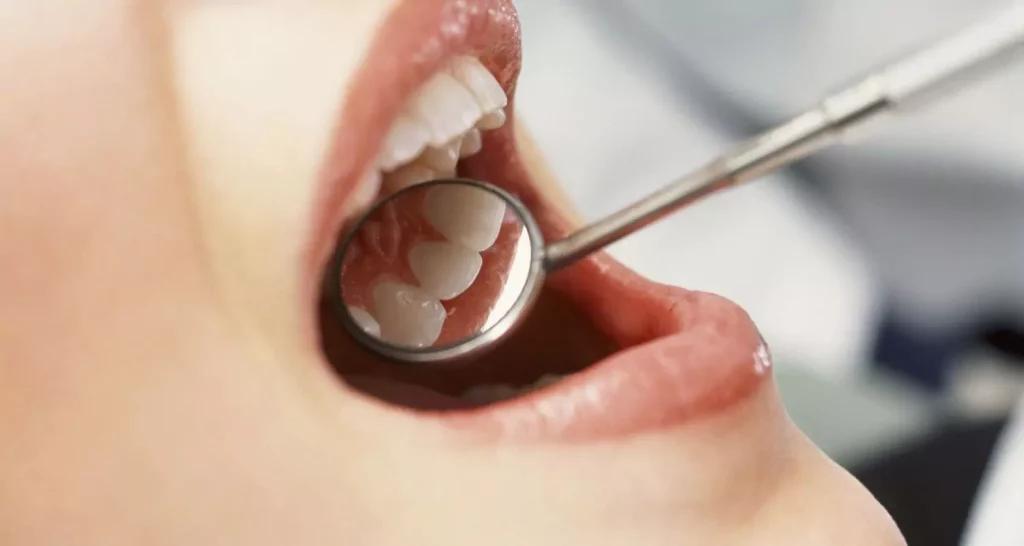Last Updated on: 10th March 2025, 12:35 pm
Although it often seems that the mouth is an isolated organ, it is connected with the rest of the body. Most health problems are reflected in our oral health, and breast cancer is no exception. In this article, we will talk about breast cancer treatment and teeth problems.
What is breast cancer?
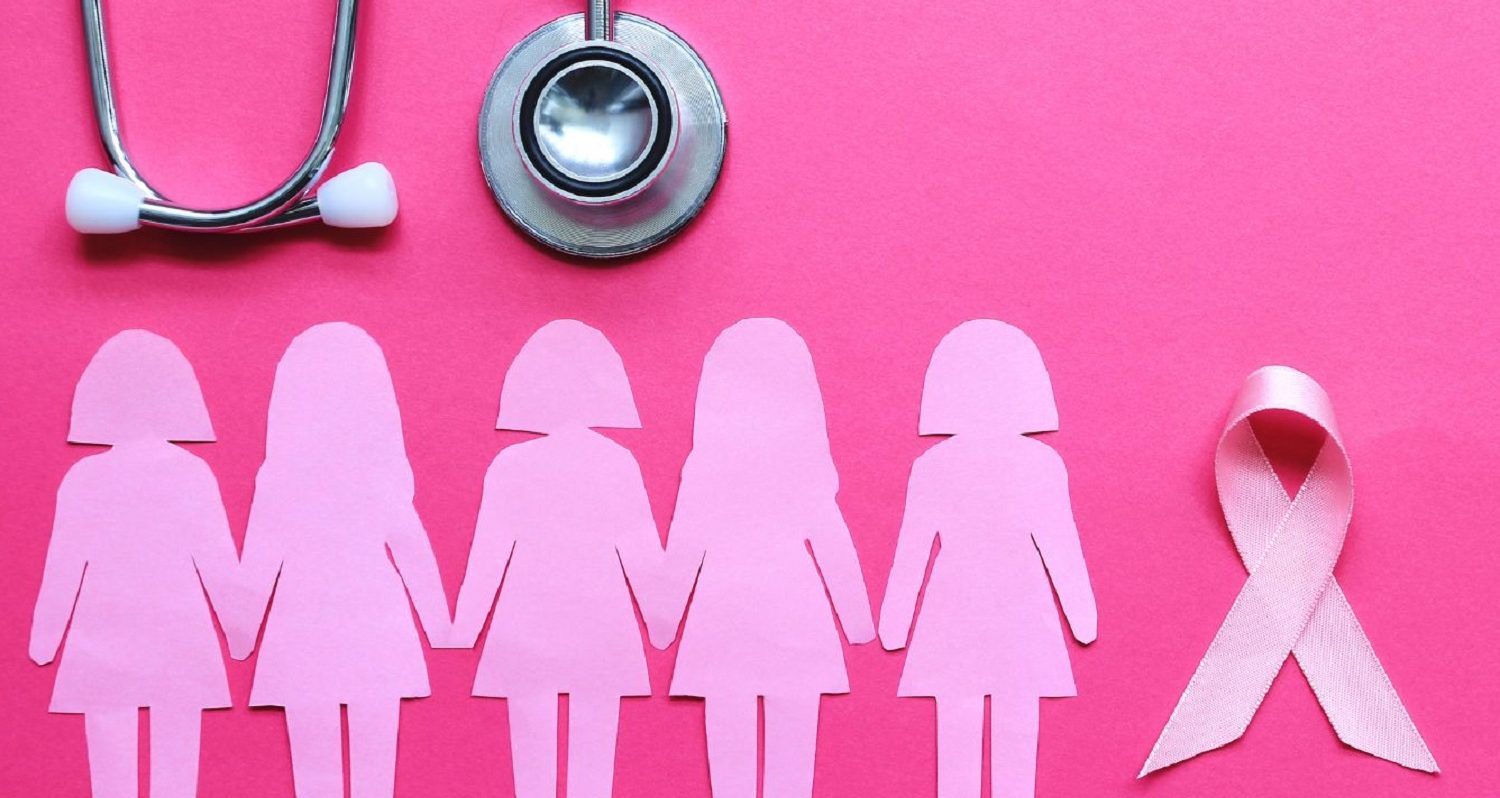
Breast cancer is a disease where some of the cells of the mammary glands multiply uncontrollably. It can start in different parts of the breast, and if not treated early, it can easily spread to other parts of the body through the blood and lymph vessels. Therefore, it requires treatment as soon as it is detected. There are different types of breast cancer. For more information, you can consult the Centers for Disease Control and Prevention (CDC).
Of note, breast cancer is the second most diagnosed type in women in the US. However, although it is more frequent in women, it can also occur in men.
What is the connection between breast cancer treatment and teeth problems?
Most cancer treatments usually have side effects that can affect the mouth, teeth, and salivary glands, making it difficult to eat, speak, chew, or swallow.
Effects of chemotherapy on the oral mouth
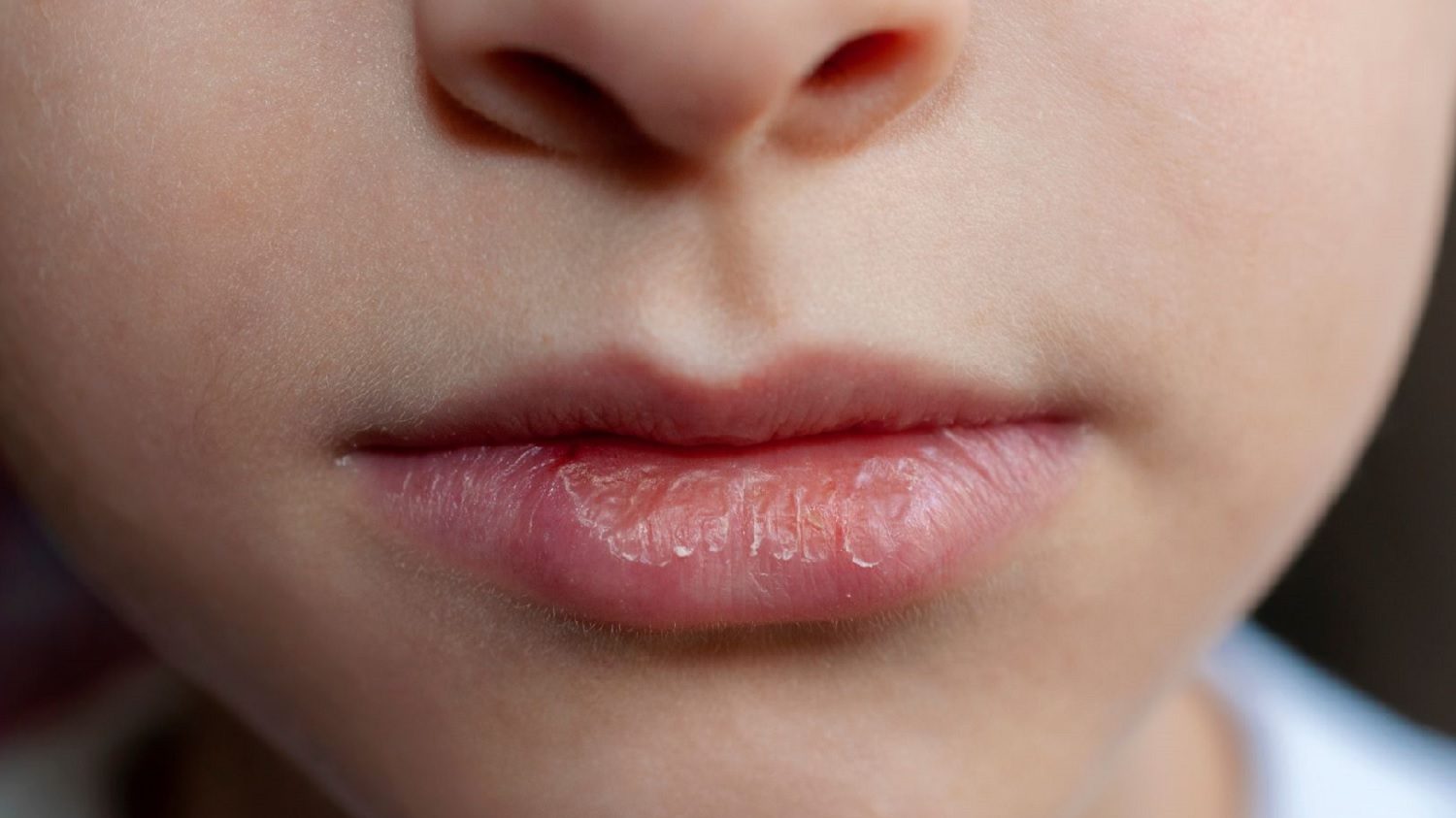
Chemotherapy refers to the use of drugs to kill rapidly dividing cells, such as cancer cells. In general, it causes slower cell regeneration, so the healthy cells that need to replicate quickly are also affected. These effects are very noticeable in the cells of the blood, hair, skin, and mucous membranes. As a consequence, there is a low number of immune cells such that damage to some tissues such as the oral mucosa, among other areas, is an unwanted effect.
The most common effects of chemotherapy in the mouth are:
- Sore mouth and gums
- Ulcers and sores on the mucosa (mucositis)
- Dry mouth
- Burning, inflamed, or peeling tongue
- Increased risk of infections
- Changes in the sense of taste
Effects of radiotherapy on the oral mouth
Radiation therapy is a common treatment used against cancer, to shrink and destroy cancer cells. Although radiation therapy focuses on the diseased area, it can often cause damage to healthy cells in neighboring structures, such as the salivary glands. This depends upon the cycle and amount of radiation received. Thus, during treatment, saliva production could decrease by up to 97%, a condition known as hyposalivation or xerostomia.
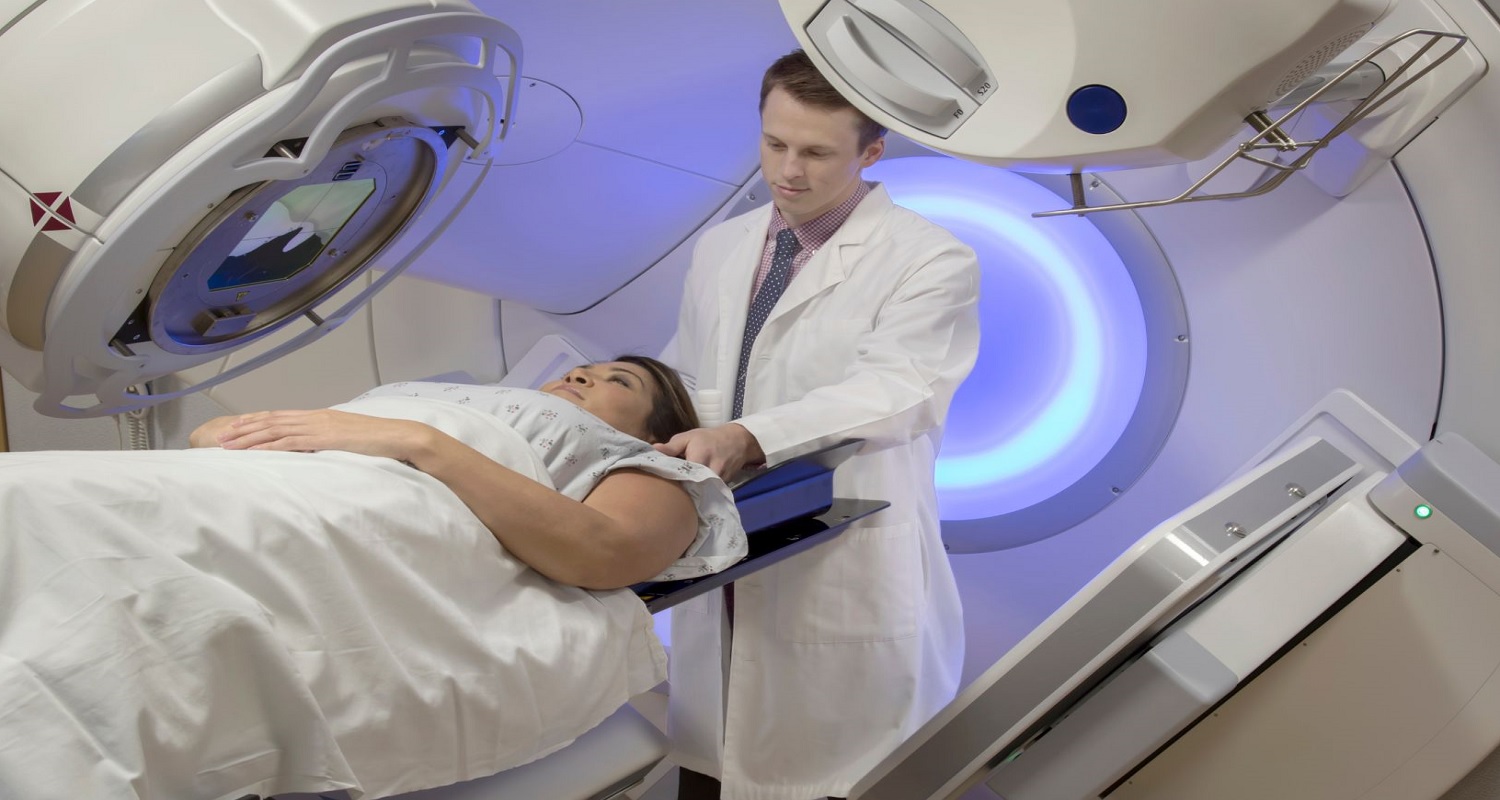
The adequate production of saliva is essential to start the digestion of food, control the pH of the mouth, protect the mucosa from lacerations and infections, perceive flavors, and prevent dental caries. The restoration of normal salivary flow can take up to 2 years, depending upon the intensity of the treatment.
The main complications of xerostomia or the production of very thick saliva are:
- Difficulty swallowing or swallowing
- Irritations and itching in the oral mucosa
- Increased risk of dental caries (radiogenic caries)
- Gum inflammation
How to control dental problems during breast cancer treatment?
The first step in taking care of the oral health of cancer patients is to consult a dentist, if possible, before starting treatment. Carrying out preventive cleanings and detecting cavities and other diseases in time is essential to avoid complications and potentially invasive dental procedures throughout the treatment.
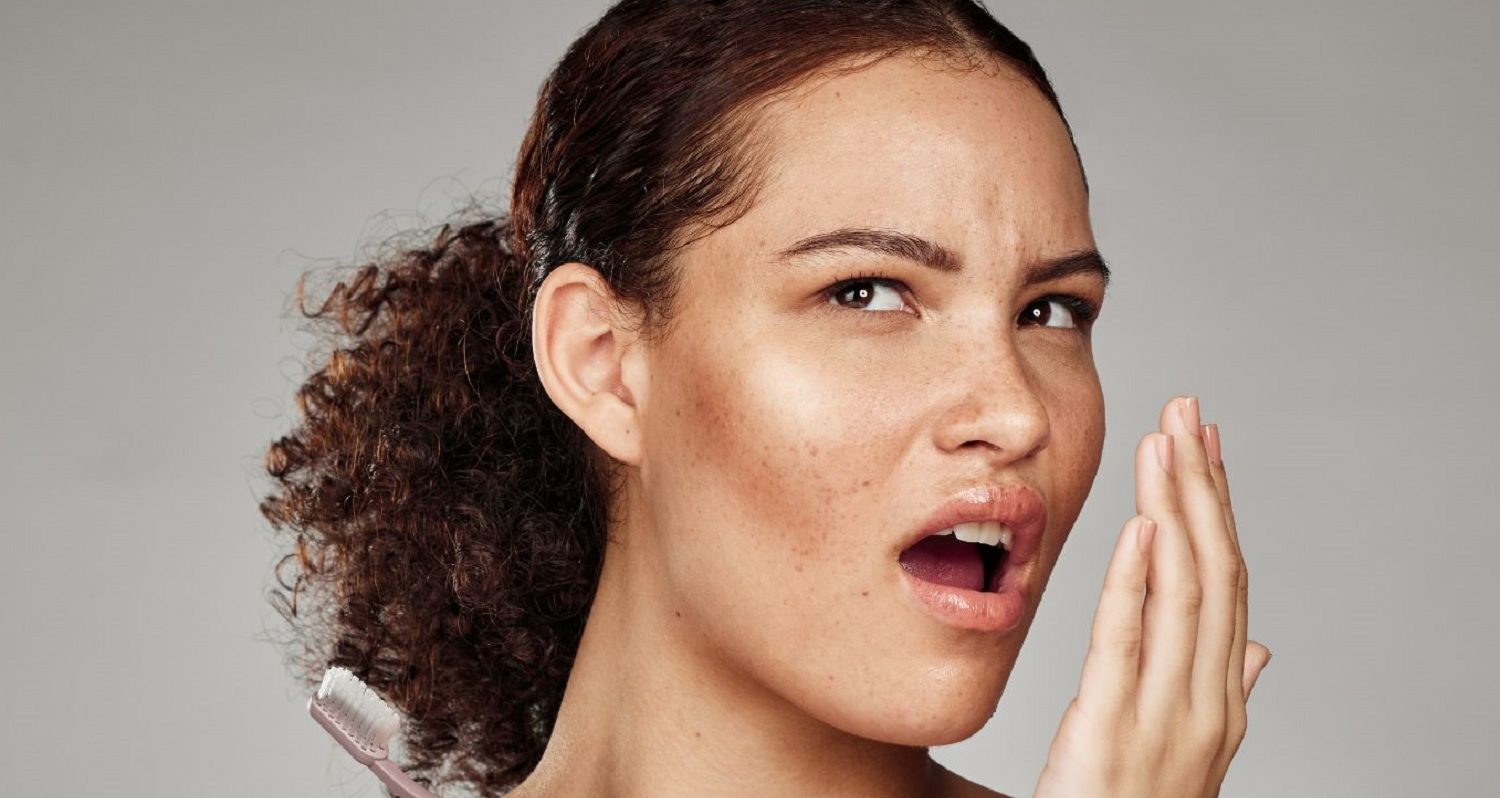
The following tips help maintain optimal oral health during treatment:
- Tell your dentist about your cancer diagnosis and treatment.
- Check your mouth daily for sores or other changes.
- Brush your teeth, gums, and tongue with an extra soft toothbrush before breakfast, after each meal, and at bedtime. If it hurts, soften the bristles of the brush with warm water.
- Wash the toothbrush once a day with chlorhexidine, and rinse with plenty of water.
- Change the toothbrush every month.
- Use toothpaste with fluoride and xylitol, to prevent the appearance of cavities.
- Floss every day and clean your teeth gently.
- If you have xerostomia or inflammation, drink a lot of water anduck on ice chips. Other suggestions.
- Use sugarless gum.
- Use a saliva substitute to keep your mouth moist.
- Use a lip moisturizer 4-6 times a day to prevent dry lips.
- Rinse your mouth twice a day for 30 seconds with a mixture containing ¼ teaspoon of baking soda and ¼ teaspoon of salt in a quart of warm water.
- In case of presenting ulcerations in the mouth (mucositis):
- Clean lesions with a gauze pad dipped in the same bicarbonate-water solution.
- Eat soft foods.
- Avoid mouthwashes that contain alcohol and opt for those that contain hyaluronic acid. If you want to learn how to pick the right mouthwash for you, click here.
- If you have dentures that do not fit properly, consult your oncologist and dentist about their continued use.
- Ask your doctor about the possibility of using sprays or gels that promote saliva production.
Conclusion
Treatments for breast cancer are becoming more effective, so the number of survivors of this disease is increasing. Although cancer itself does not cause tooth loss, the effects of treatment on the mouth can lead to deterioration of the gums or teeth, which in the long term could lead to tooth loss.
Having healthy and complete teeth significantly influences people’s quality of life, so it is recommended to maintain the aforementioned care before and during cancer treatment. In case you’re interested, we have some oral hygiene tips specifically for women in this guide, which can help you improve your overall oral health.
Frequently Asked Questions
Oral pain can be a potential side effect of treatments.
Oral mucositis is the most common adverse effect of radiation therapy and chemotherapy. Pain in the mucous membranes often persists for a while, even after the mucositis has healed. Surgery may also lead to pain by damaging bones, nerves, or tissues.
Yes, radiotherapy can increase the likelihood of tooth decay, so it is advisable to have your teeth extracted beforehand to prevent complications. Additionally, the healing process in your mouth may be slower after undergoing radiotherapy. Regular dental check-ups will be necessary, and fluoride treatment might be beneficial in protecting your teeth.
Stomatitis, also known as oral mucositis, refers to the inflammation and redness of the mouth’s lining. This condition can lead to painful sores, making it difficult to eat, drink, or swallow. It is a frequent side effect of cancer treatments like certain chemotherapy and radiation.
The best time to arrange dental treatment during chemotherapy is after the patient’s blood counts have returned to normal, typically just before their next scheduled round or course of chemotherapy.
For patients who underwent head and neck radiation therapy, it’s important to note that xerostomia (dry mouth) may persist long after cancer therapy. To ensure preventive care, it is advisable to use prescription-level fluoride toothpaste. Colgate PreviDent 5000 Dry Mouth is a great choice to help prevent dental caries in such cases. Consider a mouthwash with no alcohol or sugar, such as Biotene® PBF Oral Rinse or BetaCell™ Oral Rinse.
Contact Us
If you have any questions about dental conditions or other topics, you can contact us at Channel Islands Family Dental as well as our page on Facebook. We look forward to your visit and we will make a timely diagnosis. Our dentists in Oxnard, Santa Paula, Ventura, Newbury Park, and Port Hueneme will be able to guide you toward the best treatment to take care of your health and give you back your best smile.
Bibliography
- Breast cancer treatment. (Jun 7, 2023). National Cancer Institute. Retrieved from https://www.cancer.gov/types/breast/patient/breast-treatment-pdq
- Cancer Dental Health. (Oct 7, 2015). Mouthhealthy.org. Retrieved from https://www.mouthhealthy.org/all-topics-a-z/cancer-dental-health
- Cancer Therapies and Dental Considerations. (s/f). Ada.org. Retrieved from https://www.ada.org/resources/research/science-and-research-institute/oral-health-topics/cancer-therapies-and-dental-considerations
- Epping, J. (Feb 13, 2011). Potential tooth loss linked to breast cancer. Medical News Today. Retrieved from https://www.medicalnewstoday.com/articles/216324
- Harding, J. (2017). Dental care of cancer patients before, during, and after treatment. BDJ Team, 4(1), 10–12. Retrieved from https://doi.org/10.1038/bdjteam.2017.8
- Krans, B. (2021).Chemotherapy. Healthline. https://www.healthline.com/health/chemotherapy
- Managing xerostomia. (2009). Vital, 6(2), 32–34. https://doi.org/10.1038/vital944
- Schmidt, R. (Jun 23, 2021). Oral health effects of breast cancer therapy. Dimensions of Dental Hygiene | Magazine. https://dimensionsofdentalhygiene.com/article/oral-health-effects-breast-cancer-therapy/
- Taichman, L. S., Gomez, G., & Inglehart, M. R. (2014). Oral health-related complications of breast cancer treatment: assessing dental hygienists’ knowledge and professional practice. Journal of dental hygiene: JDH, 88(2), 100–113. Retrieved from https://www.ncbi.nlm.nih.gov/pmc/articles/PMC4075039/



